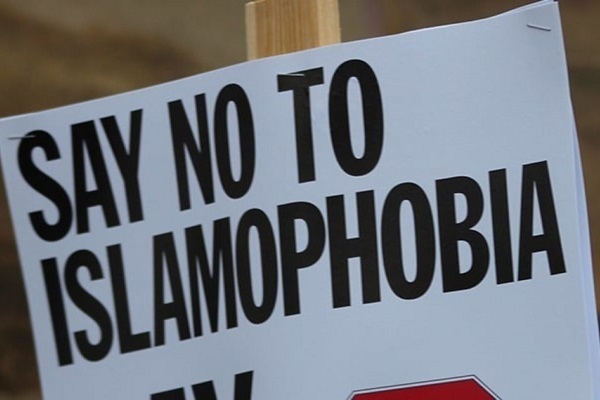Official Says EU Stepping Up Efforts to Address Rising Anti-Muslim Sentiment

Speaking at a conference in Antalya, Turkey, Lalisse highlighted a surge in anti-Muslim hate crimes across EU nations following the start of Israeli war on Gaza.
“We've engaged in crisis meetings with member states, offering recommendations to media regulatory authorities to prevent incitement to hatred against Muslims, Palestinians, Arabs, and others perceived as such,” Lalisse noted, The National reported.
EU member states are legally required to implement measures to track and prevent online hate under the EU’s Digital Services Act. This framework targets illegal activities online, including hate speech and disinformation. Steps being taken include appointing "trusted flaggers," typically civic organizations, tasked with monitoring online platforms for harmful content.
Lalisse, appointed to her role in February 2023, collaborates with EU coordinators on anti-Semitism and anti-racism. Together, they work to counter intolerance at a time when far-right political movements in Europe have exploited discriminatory sentiments against marginalized groups.
Data from Germany revealed a rise in police-reported anti-Muslim hate crimes, jumping from 610 in 2022 to 1,464 in 2023. In Sweden, anti-Muslim hate crimes increased by 70 percent in the latter half of 2023. In the UK, the anti-Muslim hate crime monitoring organization Tell Mama recorded its highest-ever number of incidents this February.
Read More:
Lalisse also drew attention to a rise in hostility towards non-Muslim groups mistakenly identified as Muslims, such as Sikhs and Arab Christians. An EU-commissioned report found that online content became increasingly polarizing after October 7, with some pro-Israeli content adopting anti-Muslim tones.
She expressed concerns about civil liberties being curtailed in several EU states, citing examples like civil society groups being sidelined and restrictions on freedom of association. This trend, she said, is linked to the incorrect conflation of Islam with terrorism.
Lalisse encouraged Muslim communities in Europe to participate actively in shaping anti-discrimination policies for the 2026-2030 EU anti-racism strategy, urging them to share their perspectives in public consultations. “If it only comes from me, it's not enough,” she said.
Source: Agencies



